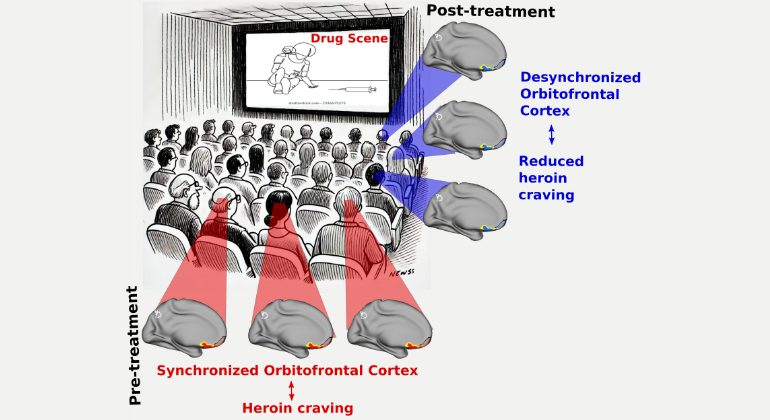2025-05-07 カリフォルニア大学ロサンゼルス校(UCLA)
<関連情報>
- https://newsroom.ucla.edu/releases/curiosity-can-help-brain-stay-sharp-as-they-age
- https://journals.plos.org/plosone/article?id=10.1371/journal.pone.0320600
成人の生涯にわたる好奇心: 好奇心の状態と特性の年齢による違い Curiosity across the adult lifespan: Age-related differences in state and trait curiosity
Mary C. Whatley,Kou Murayama,Michiko Sakaki,Alan D. Castel
PLOS One Published: May 7, 2025
DOI:https://doi.org/10.1371/journal.pone.0320600
Abstract
Maintaining curiosity in older age may be a key predictor of successful aging, but prior research on the relationship between curiosity and age is mixed, with mounting evidence showing that curiosity declines with age. However, there is evidence suggesting that state curiosity – a situational feeling of curiosity in response to information – may increase with age. Prior work has largely not adequately differentiated state and trait curiosity when examining its relationship with age. In a large lifespan sample (pilot study N = 193; preregistered main study N = 1,218), we assess trait curiosity and state curiosity (using a trivia rating task) to examine the relationship between each construct and age. The results show that, in line with prior work, trait curiosity shows a negative relationship with age, but state curiosity shows a positive relationship with age, while controlling for demographic variables. The results suggest that curiosity may have a more complex relationship with age than previously considered, which can have implications for engagement in cognitive activities in everyday life.

